Conditioning in behavioral psychology is a theory that the reaction (response) to an object or event (stimulus) by a person or animal can be modified by 'learning', or conditioning. In operant conditioning, an animal's behavior is conditioned by the consequences that follow.
Start Here Care for Reactive Dogs
Finally, because skinner’s observations about operant conditioning relied on experiments with animals, he is criticized for extrapolating from his animal studies to make predictions about human behavior.

Conditioning behavior in animals. It is a type of learning in which an animal learns (or, is conditioned) from its behaviors as it acts (operates) on the environment. The principles of operant conditioning were developed from 1938 onward by b. But often, these animals are not trained to consciously elicit unwanted responses.
Because a dog’s emotional reactions often drive his behavior, the power of classical conditioning comes from its ability to help shift those emotional reactions. The animal “operates” on the environment, leading to. Classical conditioning mechanisms also play an important role in the development of fears and anxiety.
An animal can be rewarded or punished for engaging in certain behaviors, such as lever pressing (for rats) or key pecking (for pigeons). When an animal performs a particular behavior that produces a favorable result, the animal is. Conditioning, or associative learning, is inferred if the animal’s behaviour changes in certain ways and if that change can be attributed to the temporal relationship between these events.
(a behavior is strengthened if followed by reinforcement [positive or negative] and diminished if followed by punishment). Operant conditioning is the basis of animal training. Humans often have unwanted responses to certain stimuli, but these behaviors can be unlearned through practices and techniques outside of.
The study evidence supports anticipation in both animals. Also, trainers do not refer to behaviors as good or bad. Imprinting is a specialized form of learning that occurs during a brief period in young animals—e.g., ducks imprinting on their mother.
A reinforcer is anything that increases the probability of a response when it follows the response (examples. Operant conditioning in dogs is a type of learning and developing of new behaviors that doesn't use the the association between stimuli and reflex behaviors that can be seen in classical conditioning. In practice, operant conditioning is the study of reversible behavior maintained by reinforcement schedules.
If the dog started salivating to the ticking of a metronome just because it had recently received food, rather than because the delivery of food had been signaled by the metronome, this should be. Animals can learn to perform conscious behaviors through operant conditioning, which can also be unlearned through counter conditioning. We review empirical studies and theoretical approaches to two large classes of.
This formulation of classical conditioning has many implications for dog training and is discussed in greater detail below. Trainers implement these basic tactics to train the animals to perform various behaviors. Much of animal learning is captured by the conditioning paradigm.
Operant behavior is behavior “controlled” by its consequences. A skinner box, also known as an operant conditioning chamber, is a device used to objectively record an animal's behavior in a compressed time frame. Skinner, who was influenced by the investigations of ivan pavlov,.
As behavioral conditioning can be used with many animals, the proposed method provides a practical approach for using anticipatory behavior to assess animal well being in zoos. ( conditioning is another word for learning.) by pairing a new stimulus with a familiar one, an animal can be conditioned to respond to the new stimulus. Operant conditioning is the basic psychological tool used to train animals.
The study of animal learning in the laboratory has long been dominated by experiments on conditioning. Classical conditioning is not used to train a dog to consciously act or behave a certain way, but rather conditions them to unconsciously react a certain way. In skinner operant conditioning theory, shaping means the process of applying the principles of operant conditioning to modify an organism’s behavior to.
In classical conditioning, behavior towards an arbitrary stimulus changes when that stimulus predicts that an important stimulus will occur. Animals emit behaviors freely, called “operants”; For example, rats in a “skinner box” might press a lever sticking out of the wall of the box;
It's a simple and dynamic form of learning, carried out. Classical conditioning, also known as respondent conditioning, is a concept that was developed by the russian physiologist ivan pavlov while studying digestive processes in dogs. What is conditioning in animal behavior?
That is, a behavior will happen either more or less often, depending on its results. In its simplest form (probably what actually happens under field conditions) an association is formed between an action and a reward. In operant conditioning, the likelihood of a behavior is increased or.
By encouraging behavior through positive reinforcement, trainers can effectively increase the frequency of desired behaviors. Associative learning allows birds to efficiently find bugs under rocks and bees to find nectar in. Likewise, skinner believed that the environment shaped the behavior of animals and human beings.

Operant conditioning Animals wild, Positive

Linfei's Bio Blog How do Tuck and Roll behave? Animal
:max_bytes(150000):strip_icc()/2794863-operant-conditioning-a21-5b242abe8e1b6e0036fafff6.png)
What Is Operant Conditioning and How Does It Work?
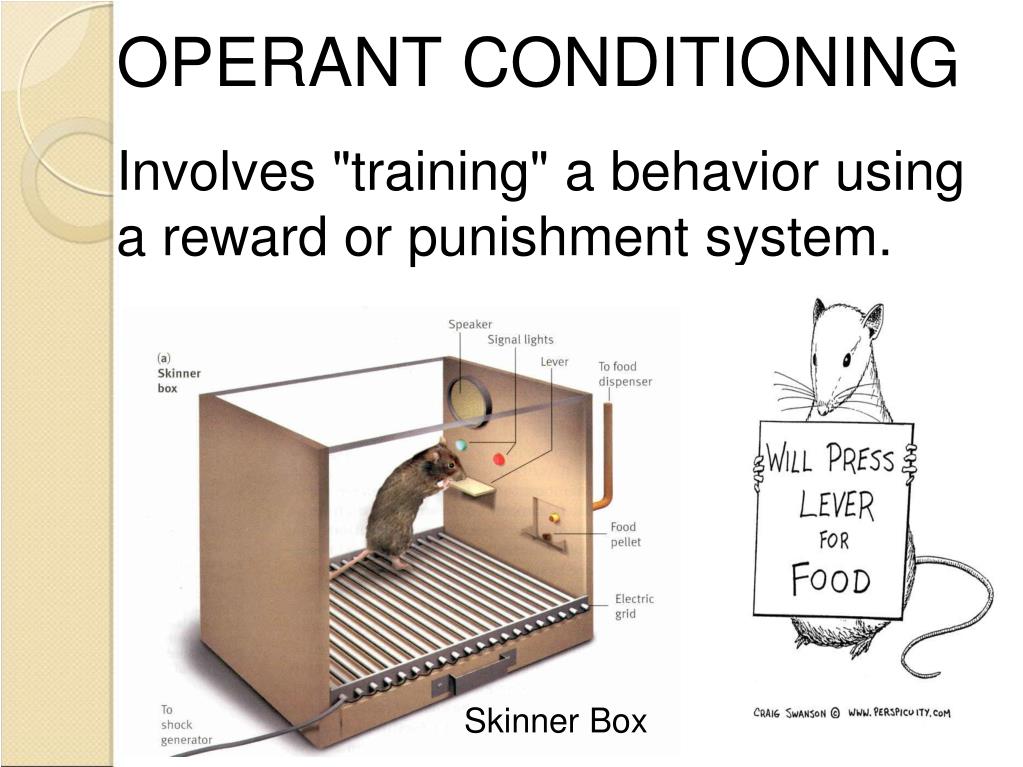
PPT Animal Behavior PowerPoint Presentation, free

Animal Behavior Conditioning YouTube

The Four (Emotional) Quadrants of Operant Conditioning
Learned Animal Behavior Boundless Biology

Operant Conditioning Operant conditioning, Classical

Classical Conditioning Introductory Psychology

Image result for dog behavior infographic Operant

Positive reinforcement, negative reinforcement, positive
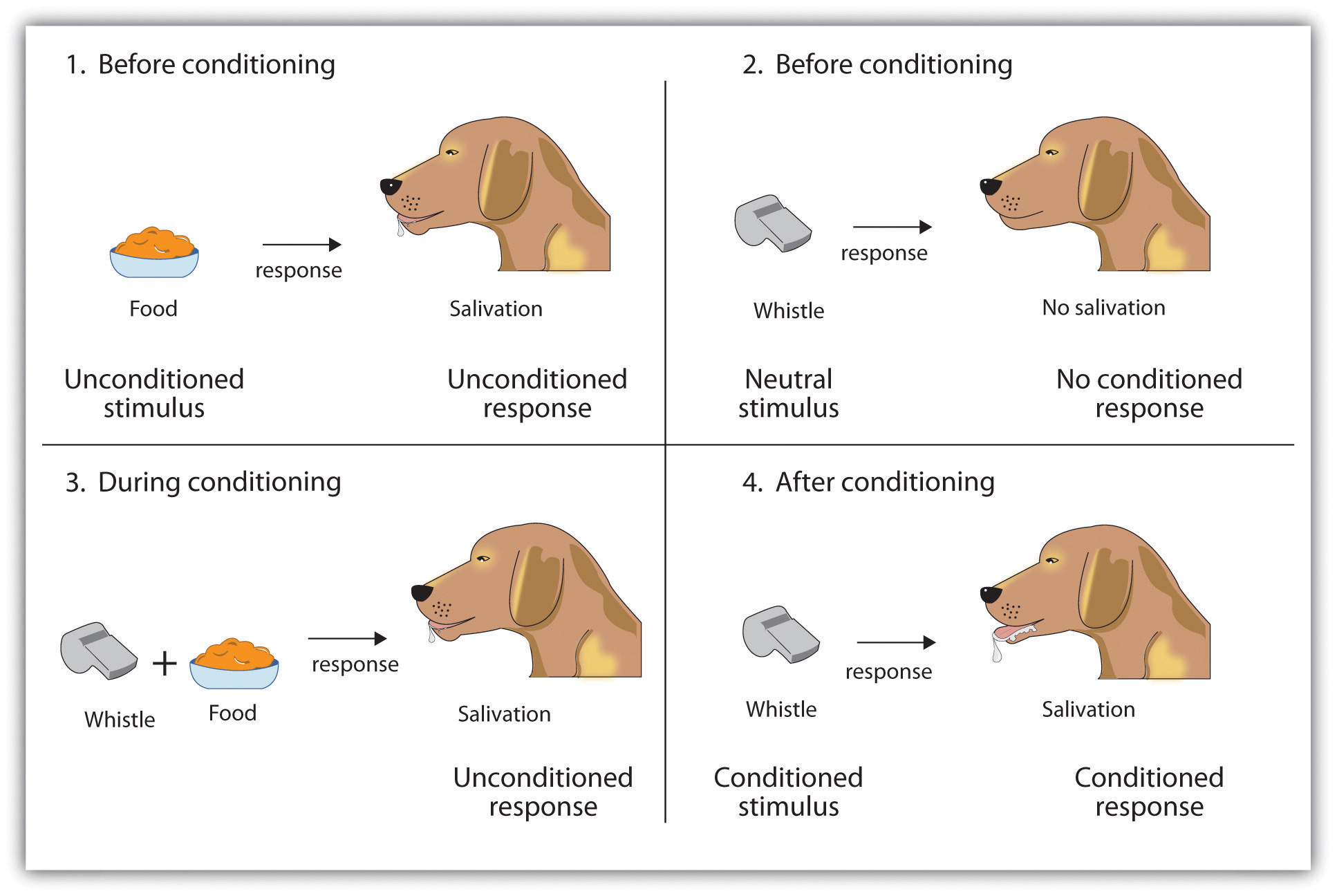
Learning by Association Classical Conditioning
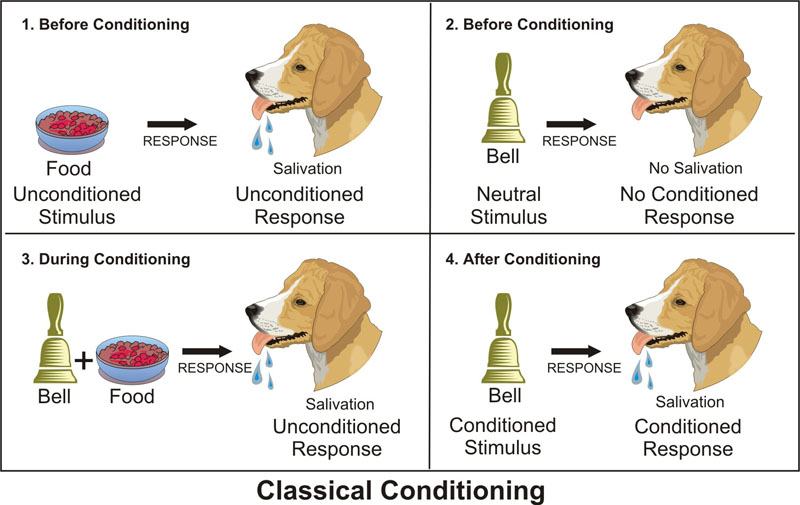
Can animals can do crazy things after training? SiOWfa16
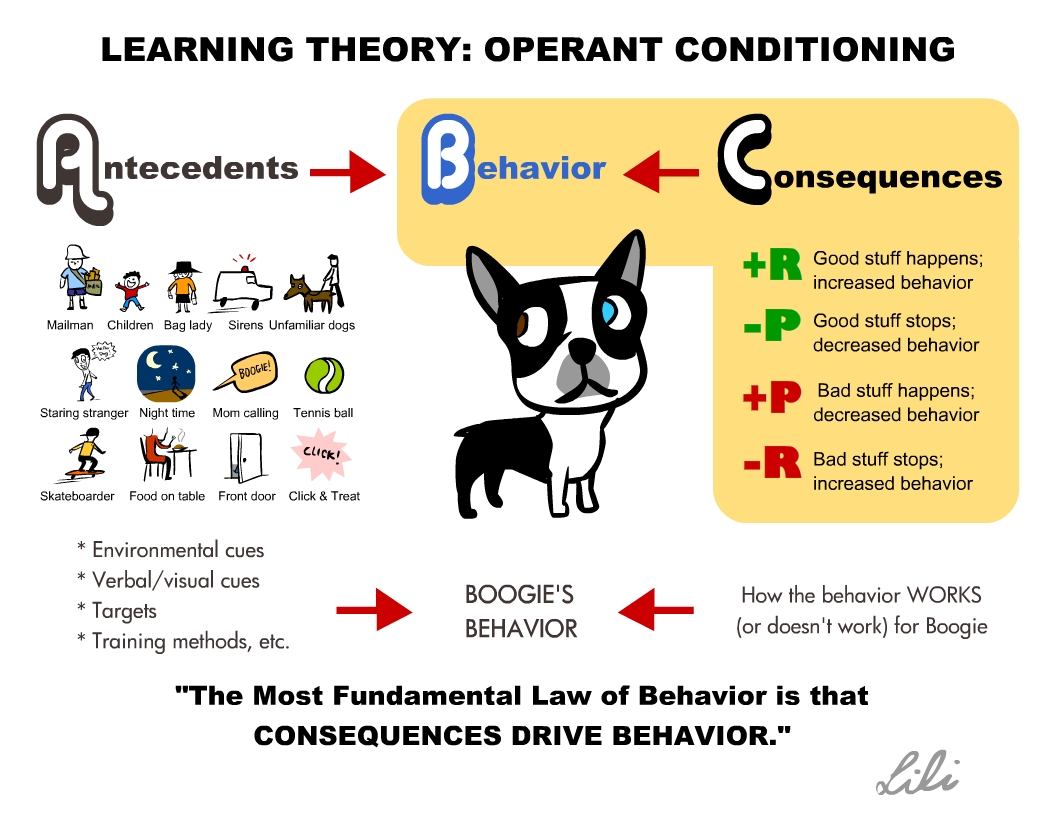
Operant Conditioning Dog Training Method Dog Breeders Guide
:max_bytes(150000):strip_icc()/learning-study-guide-2795698_FINAL-5bec544ac9e77c005185519d.png)
The Basics of the Psychology of Learning

Conditioning Lesson Plans and Lesson Ideas BrainPOP

Classical conditioning has important in
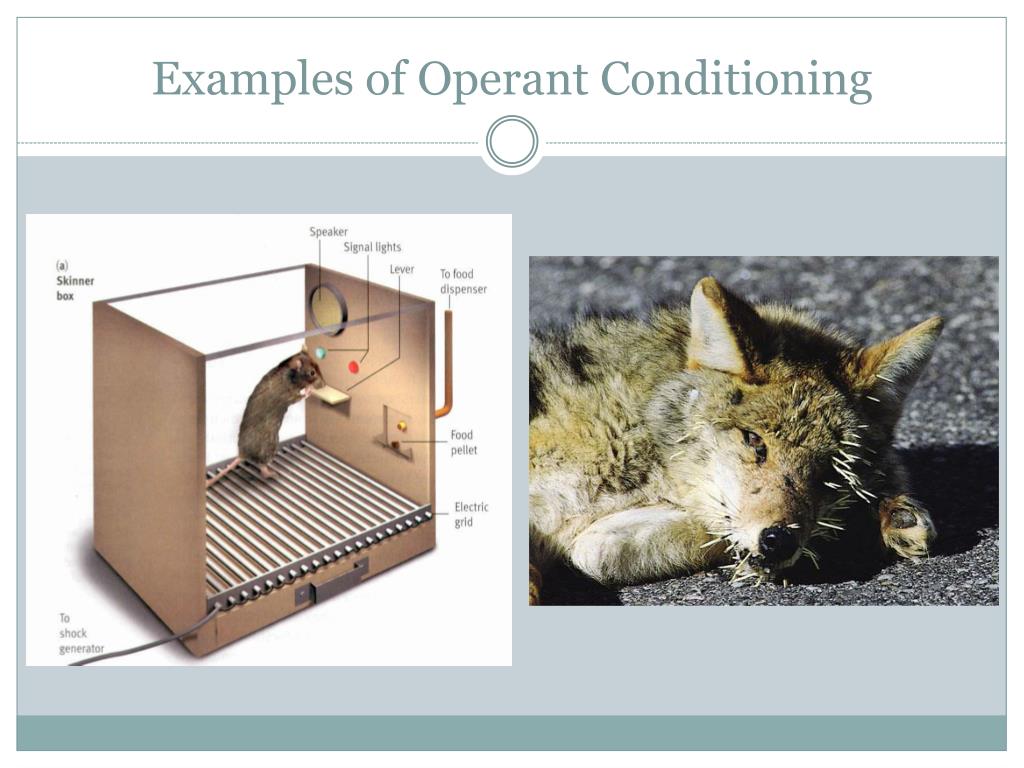
PPT Animal Behavior PowerPoint Presentation, free

Operant Conditioning Easy Science Operant conditioning
